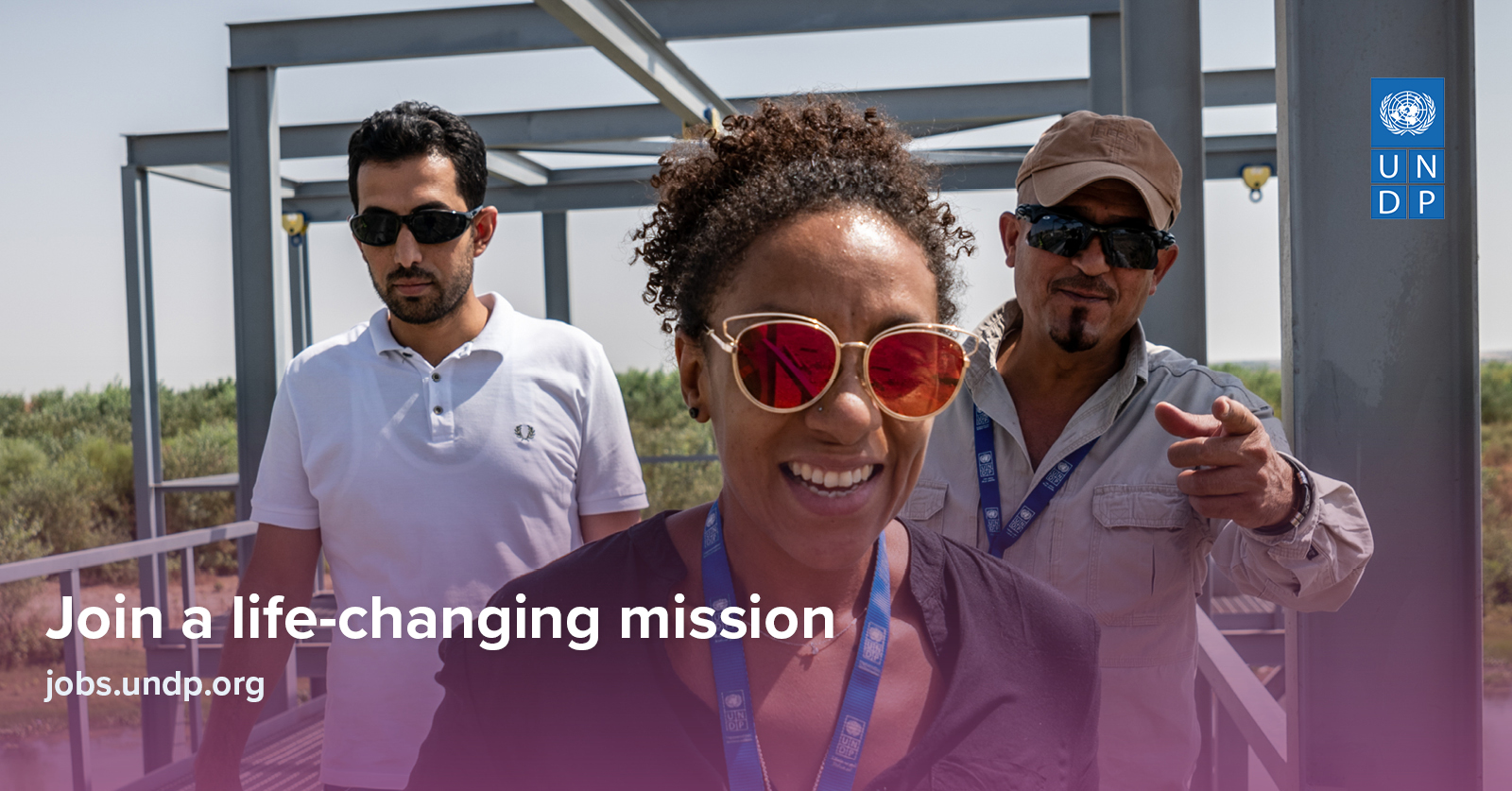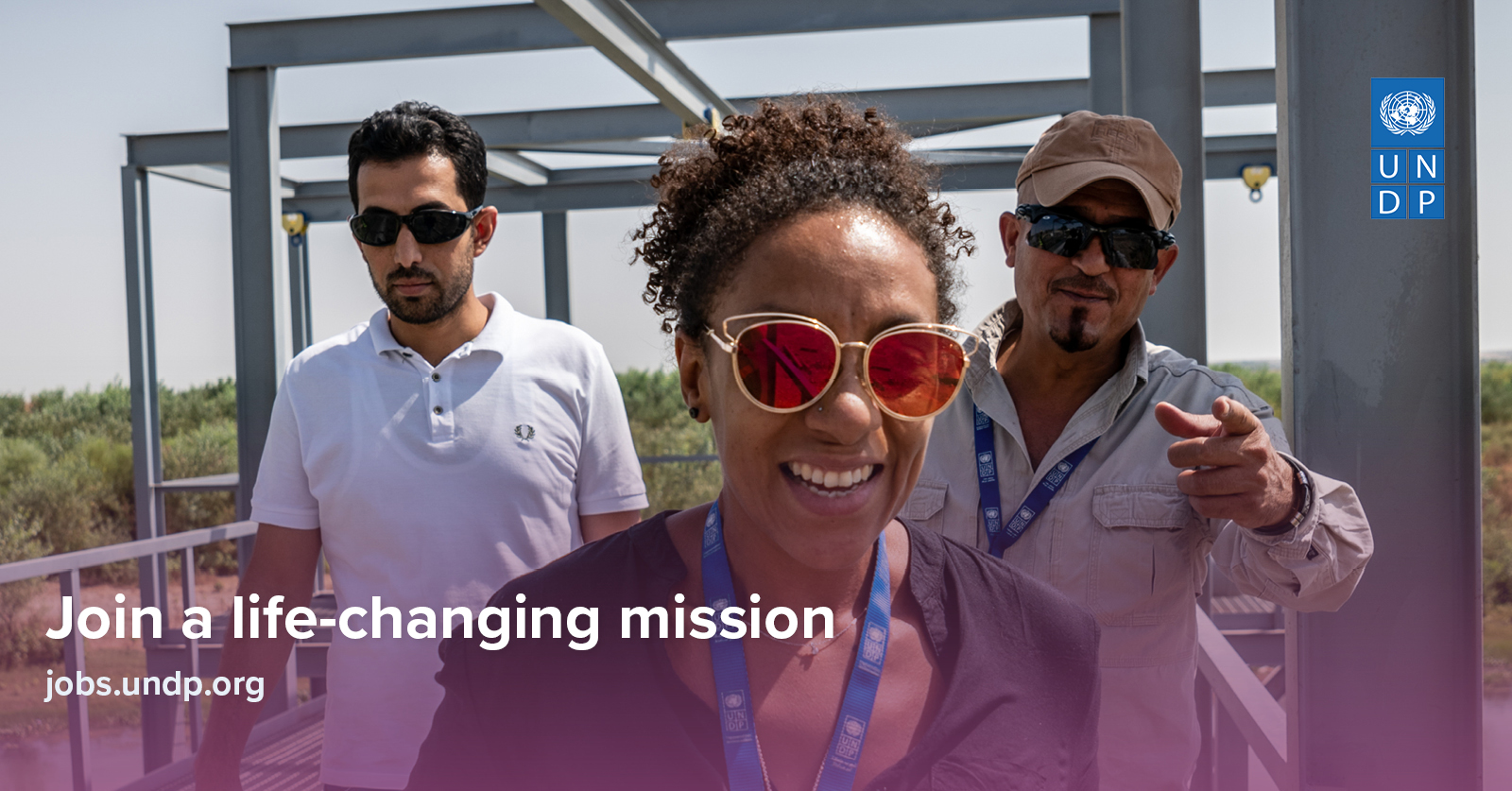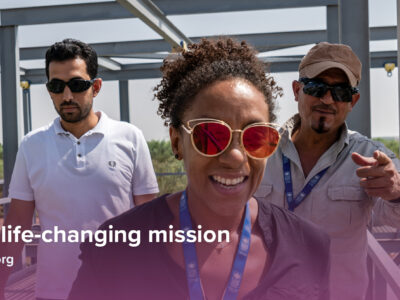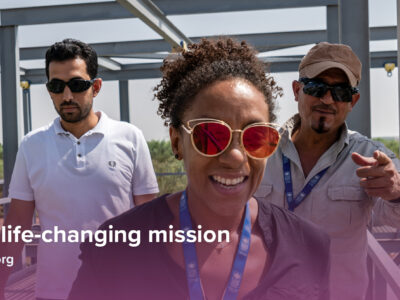
Objective of the assignment
The TE report will assess the achievement of project results against what was expected to be achieved and draw lessons from the project implementation that can both improve the sustainability of benefits from this project and aid in the overall enhancement of UNDP programming. The TE report promotes accountability and transparency and assesses the extent of project accomplishments. It also highlights the relevance, efficiency, sustainability and impact of the project. The evaluation will also identify the main challenges and constraints faced by the project and provide recommendations for future UNDP interventions to support and strengthen capacities for planning and decision making towards natural resources management in light of the government´s development priorities and the Agenda 2030.
In order to attain this objective, the evaluation will cover the 4 project components mentioned above and will take into consideration the feedback from all the relevant government institutions, development partners and Civil Society Organizations involved in the project. In addition, the evaluation will also seek information from the core personnel involved in the project implementation activities and UNDP senior management. The evaluation will also assess the project approach to capacity development, knowledge management, south-south and triangular cooperation, mainstreaming gender equality and the results achieved in that regard.
Duties and responsibilities
The consultant together with the TE team leader will review all relevant sources of information including documents prepared during the preparation phase of the project, the Project Document (ProDoc), various project reports and any other materials that the TE team considers useful for this evidence-based evaluation. The consultant will review the baseline and midterm GEF focal area Core Indicators/Tracking Tools submitted to the GEF at the Chief Executive Officer (CEO) endorsement and midterm stages and the terminal Core Indicators/Tracking Tools that must be completed before the TE field mission begins.
The TE team is expected to follow a participatory and consultative approach ensuring close engagement with the Project Team, government counterparts (the GEF Operational Focal Point), Implementing Partners, the UNDP Country Office(s), the Regional Technical Advisors, direct beneficiaries and other stakeholders.
The consultant will ensure the engagement of all stakeholders who have project responsibilities for the success of the TE. These includes relevant government counterparts, NGOs, CBOs, Executing agencies, project beneficiaries etc. He/she is expected to conduct field missions to project sites upon assessment of the TE team. The specific design and methodology for the TE should emerge from consultations between the TE team and the above-mentioned parties regarding what is appropriate and feasible for meeting the TE purpose and objectives and answering the evaluation questions, given limitations of budget, time and data. The consultant must, however, use gender-responsive methodologies and tools and ensure that gender equality and women’s empowerment, as well as other cross-cutting issues and SDGs are incorporated into the TE report.
The TE will assess project performance against expectations set out in the project’s Logical Framework/Results Framework. The TE will assess results according to the criteria outlined in the Guidance for TEs of UNDP-supported GEF-financed Projects ( http://web.undp.org/evaluation/guideline/documents/GEF/TE_GuidanceforUNDP-supportedGEF-financedProjects.pdf).
Expected outputs and deliverables
The consultant, led by and together with the senior international consultant shall prepare and submit:
- The inception report before the TE mission
- A presentation of initial findings at the end of the TE mission
- A draft TE report within 3 weeks of end of TE mission
- Final TE Report* + Audit Trail within 2 weeks of receiving comments on draft report
*The final TE report must be in English.
All final TE reports will be quality assessed by the UNDP Independent Evaluation Office (IEO). Details of the IEO’s quality assessment of decentralized evaluations can be found in Section 6 of the UNDP Evaluation Guidelines.
Duration of the assignment
The total duration of the TE will be approximately 45 working days over a time period of 9 weeks starting 14/03/2022 and shall not exceed five months from when the consultant is hired. The expected start date of contract is the 14th of March 2022.











Comments